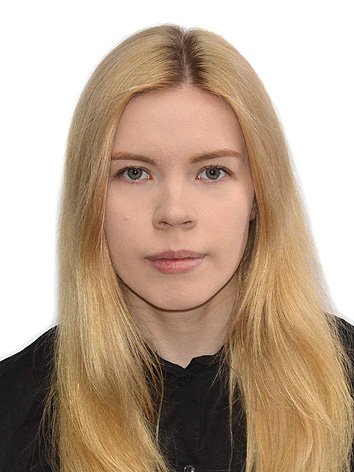The article presents a comparative analysis of the Emar zukru festival and the Jewish Passover festival. Both festivals began at the full moon of the first month of the year, lasted for seven days, involved similar offerings and were associated with firstborns and first fruits. However, many of these similarities are not specific to these two festivals. The differences are more significant, as they relate to distinctive features of each festival. A major feature of zukru was the departure from the city and the subsequent return. In contrast, nothing similar happened during Passover celebrations. Abstaining from leavened bread, which distinguishes Passover from other Jewish holidays, was not common for zukru. Therefore, our analysis does not support the idea that Passover might have been influenced by zukru. The considerable time gap between these two events makes any direct connection even less likely. The similarity may be either typological or attributed to the shared West Semitic heritage.
Key words: Emar, zukru, Passover, festivals, calendar, comparative analysis
DOI: 10.22250/20728662_2024_2_5
About the author
 |
Natalia M. Markova – PhD in Philosophy, Assistant Professor of the Department of Philosophy and Religious Studies; Vladimir State University n.a. A.G. and N.G. Stoletovs; 87 Gorkogo St., Vladimir, 600000, Russia; This email address is being protected from spambots. You need JavaScript enabled to view it. |






